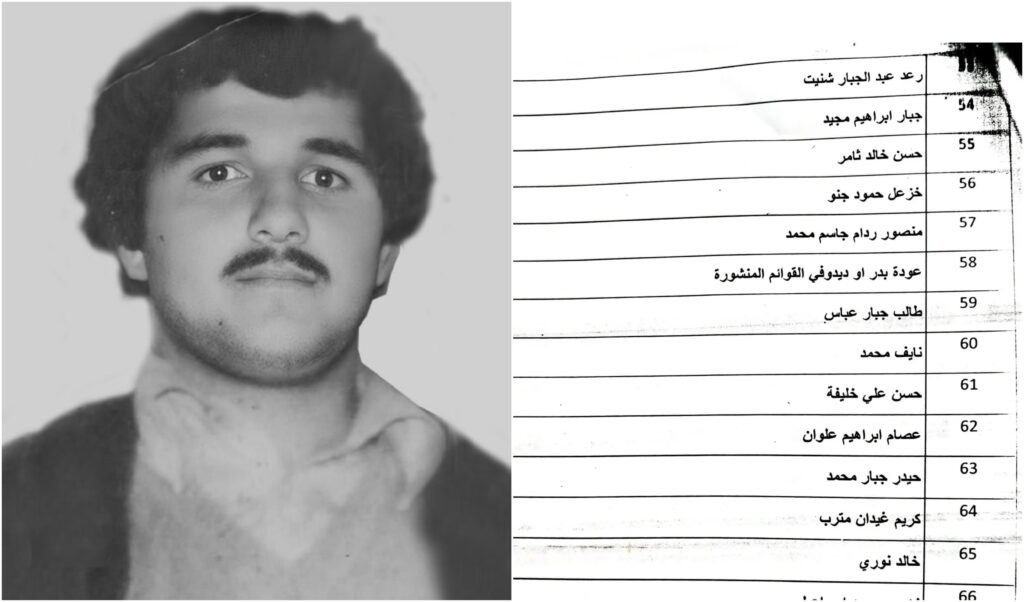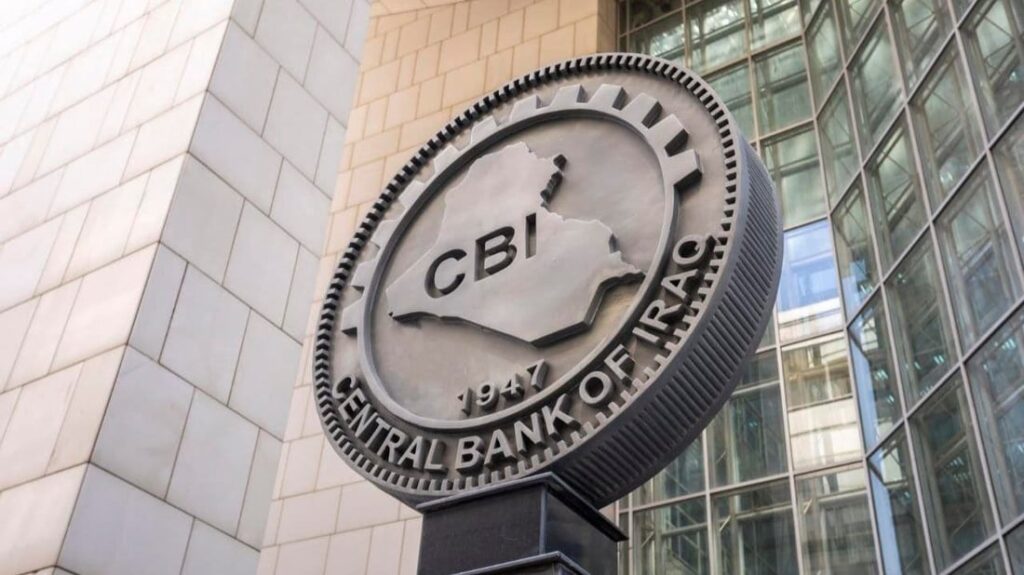Oil: Iraq highly unlikely to receive 250,000 bpd from Kurdistan in 2019

The Kurdistan Regional Government cannot hand over 250,000 bpd to Iraq’s state marketing company SOMO as part of the Iraqi budget bill mainly as its oil is subject to legal terms in long-term contracts. Iraq has shown flexibility.
Iraqi Oil Minister Thamer al-Ghadban said on state media al-Iraqiyah on Sunday that the KRG is yet to over 250,000 bpd to SOMO. "It hasn't been handed over up to now", he claimed.
"We expect there soon will be dialogue. We see that the atmosphere is conductive and appropriate," added the minister.
Independent oil exports by the KRG have always been a sticking point in relations between the central and regional governments. Due to this in 2014, the Iraqi government cut the budget share of the region.
KRG has argued that it can sell its oil according to the Iraqi constitution, while Iraq argues oil sales are a strictly federal matter. The vague, inconclusive nature of the issue stems from the document’s writ.
Article 111 of the constitution stipulates that oil and gas are owned by Iraqis “in all the regions and governorates”. Article 112’s first and second sections provide vague detail.
In the first section, the federal government “shall undertake the management of oil and gas extracted from present fields” with the producing governorates and regional governments, and for the revenues to be distributed proportional to population in a “fair manner.”
The second section of the document agreed upon in 2005 stipulates that the federal government, with the producing regional or governorate governments “shall together formulate the necessary strategic policies to develop the oil and gas wealth”. The two articles are vague and both governments have interpreted it differently.
This has led to crippling financial crises, coupled with a drop in oil prices, and the onset of the costly war against ISIS. The KRG had to slash the salaries of its public employees to pay a salary at times once in three months.
However after October 2017 events, Iraq agreed to send about 317 billion Iraqi dinars ($266 million) to supplement the loss of the region’s oil revenues to pay public servants.
In the administration of current Iraqi Prime Minister Adil Abdul-Mahdi relations have improved. Now, the 2019 budget that has become a law and is soon to be implemented.
The catch
The new bill has a protection, however, for civil servants in the Kurdistan Region. No longer will their salaries be cut if the KRG does not hand over the oil. Rather, Baghdad could cut other non-salary related budgets for the KRG.
There is a "good chance" for the section of the budget bill to be implemented, added the oil minister.
A source says most probably the KRG won’t be able to deliver.
"For this year, I don't believe [there will be commitment]. But for the coming years, they will reach an agreement, and the oil will be handed over to SOMO," Dlshad Shaaban, a former member of the parliamentary committee of energy in the Kurdistan Parliament, told Rudaw.
"Iraq has understood that from 2014-2019, due to its injustice against the Kurdistan Region, it has forced the Kurdistan Region to put its oil under some legal terms, international law," claimed Shaaban.
Shaaban claimed the KRG had to take out loans and sold its oil based upon long-term contracts. As such, certain parts of its oil are contracted and are subject to legal terms. The oil sector in the Kurdistan Region is privatized.
On February 28, 2017, Reuters reported that the KRG has signed further deals with Rosneft and trading houses for future oil sales, increasing the loans it has taken out to $3 billion with a grace period of between 3 to 5 years.
The KRG has contracts, for example, where it has to deal with the same company for 3-4 years, added Shaaban. The KRG has taken out loans from local and international companies. Monthly, $180-$200 million in oil revenue is allocated to repaying the debts, he detailed.
"The debts have decreased, but they still remain," revealed the former energy committee member. He was unwilling to provide the exact amount of the debt, but it is exceeds $1 billion.
Iraq understands this, he claimed, adding Iraq knew what the legal terms as the KRG did not have another choice.
"If Iraq comes and tries to forcefully take the oil, then these international companies, who have had a sound deal with the Kurdistan Region, can file a lawsuit against both the Kurdistan Region and Iraq," Shaaban added.
"Iraq will eventually face legal issues."
A way forward?
Shaaban believes that a joint committee might be formed between the KRG and GoI to study and examine the issue and more deeply understand investigate its expiry date.
Instead of waiting, the KRG could increase the 420,000 bpd it already produces in its fields.
"There could be another agreement. They could agree for the Kurdistan Region to hand over 100,000 bpd regularly. By the end of the year, the Kurdistan Region can increase its production cap and hand over the oil," Shaaban added.
"The more the Kurdistan Region increases its production cap, the more it can implement its agreement with Baghdad and decrease its debts," Shaaban claimed.
In 2020's budget, both sides could "100%" meet their commitments, he added.
Kamal Kochar, a Kurdish member of Iraqi parliament’s finance committee, confirmed that the KRG cannot hand over the 250,000 bpd this year, at least.
"In my personal opinion, and according to what I have heard and what I am aware of, the Region in 2019 can't commit," Jamal Kochar, Kurdish member of Iraqi parliament's finance committee, told Rudaw.
He added that the KRG, with Iraq giving it about 650 billion Iraqi dinars ($546 million) monthly to pay civil servants and Peshmerga, can focus then on settling affairs with the contracted companies.
"The Region, according to some, cannot now hand over the 250,000. Maybe in 2020, but it can't now," added Kochar.
The Dana Gas case against KRG in international courts where the KRG lost gave the regional government a reality check, he added, saying they realized the seriousness of contracts.
He explained that the KRG, when in control of Kirkuk prior to October 16 events, had received early payments for petroleum products it was supposed to hand over to companies operating in Kirkuk. Now it has to pay back the debt for something it cannot deliver.
"This has made the Kurdish MPs in the finance committee, even of those of the two big ruling Kurdish parties of KDP and PUK, come to the realization that the [Regional] Government can't commit," added Kochar.
They have sat down with the minister Ghadban three times, and both he and the Iraqi government understand that KRG first needs to settle its affairs with the companies. There is also US pressure towards reaching an understanding, claimed Kochar.
Iraqis have shown flexibility in return for the promise of making changes, of taking practical steps in 2019, especially towards resolving main issues, added Kochar.
The 2019 Iraqi budget bill section stipulating for the KRG to hand over its oil is "flexible,” he explained, because it allows for the KRG to hand over less than 250,000 bpd and in return, an amount equal to the barrels not handed over would be taken out of the KRG's budget.
"If it can give 100,000, let it then give 100,000," he added. Handing over even this much is a "gesture of good faith" and seriousness by the KRG, he added.
A recent high-level visit by the KRG to Baghdad with the Iraqi PM has seen the latter asking for 60 percent of KRG's exports to be handed to SOMO, while 40 percent to Erbil. Erbil can use the language of the bill to its favor to mitigate that, he argued.
Things could change, however, and Iraq may not show such a favorable stance forever, especially on the part of the Iraqi PM, who might change or face pressure to change any time.


